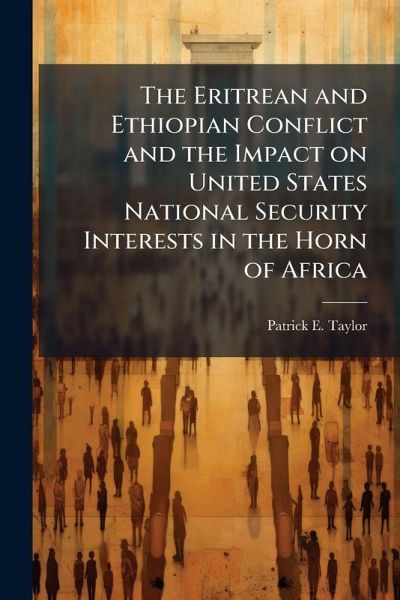
The Eritrean and Ethiopian Conflict and the Impact on United States National Security Interests in the Horn of Africa
Versandkostenfrei!
Versandfertig in über 4 Wochen
14,99 €
inkl. MwSt.
Weitere Ausgaben:

PAYBACK Punkte
7 °P sammeln!
The Eritrean and Ethiopian Conflict and the Impact on United States National Security Interests in the Horn of Africa Have you ever wondered why the United States is so interested in resolving other countries' conflicts? Simply put, it affects our way of life. Conflict leads to chaos in the following ways: a democratic government is challenged to maintain its legitimacy, human rights are ignored leading to civil unrest to include refugees, and terrorists groups exploit conflict to recruit jihadists. This paper talks about this chaos and what impact it has on the region and to the United States...
The Eritrean and Ethiopian Conflict and the Impact on United States National Security Interests in the Horn of Africa Have you ever wondered why the United States is so interested in resolving other countries' conflicts? Simply put, it affects our way of life. Conflict leads to chaos in the following ways: a democratic government is challenged to maintain its legitimacy, human rights are ignored leading to civil unrest to include refugees, and terrorists groups exploit conflict to recruit jihadists. This paper talks about this chaos and what impact it has on the region and to the United States. The Ethiopian and Eritrean conflict is already creating havoc in both countries and has spread to neighboring countries as well. This conflict can directly impact the United States' national security interests in the region. The United States is undoubtedly concerned with the democratic governance of all countries. This work has been selected by scholars as being culturally important, and is part of the knowledge base of civilization as we know it. This work was reproduced from the original artifact, and remains as true to the original work as possible. Therefore, you will see the original copyright references, library stamps (as most of these works have been housed in our most important libraries around the world), and other notations in the work. This work is in the public domain in the United States of America, and possibly other nations. Within the United States, you may freely copy and distribute this work, as no entity (individual or corporate) has a copyright on the body of the work. As a reproduction of a historical artifact, this work may contain missing or blurred pages, poor pictures, errant marks, etc. Scholars believe, and we concur, that this work is important enough to be preserved, reproduced, and made generally available to the public. We appreciate your support of the preservation process, and thank you for being an important part of keeping this knowledge alive and relevant.



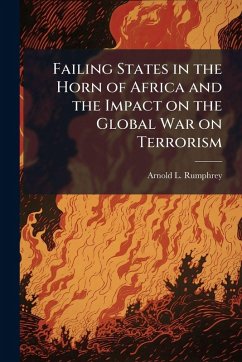
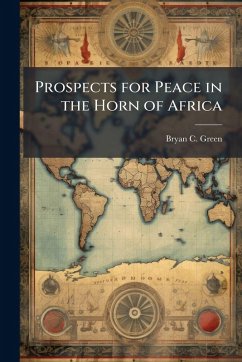

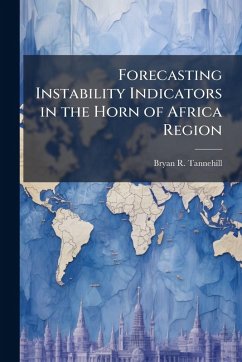


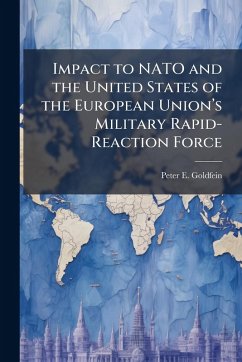

![British American Union [microform]: a Review of Hon. Joseph Howe's Essay, Entitled Cover British American Union [microform]: a Review of Hon. Joseph Howe's Essay, Entitled](https://bilder.buecher.de/produkte/65/65529/65529130n.jpg)
